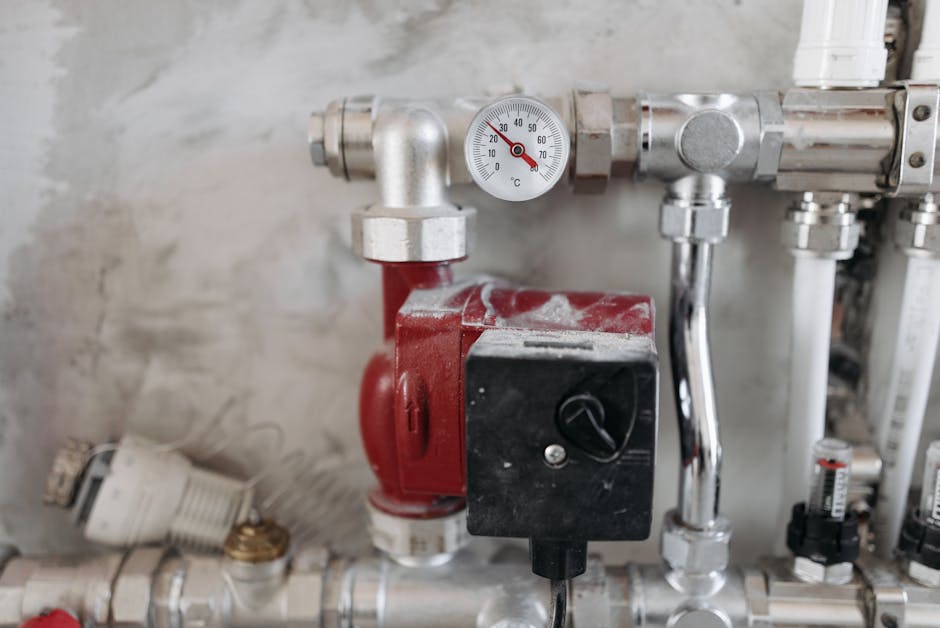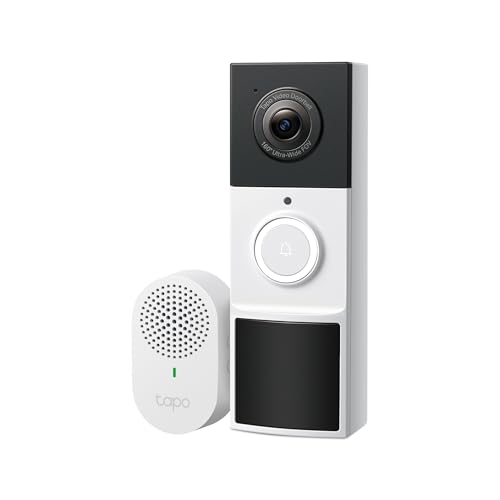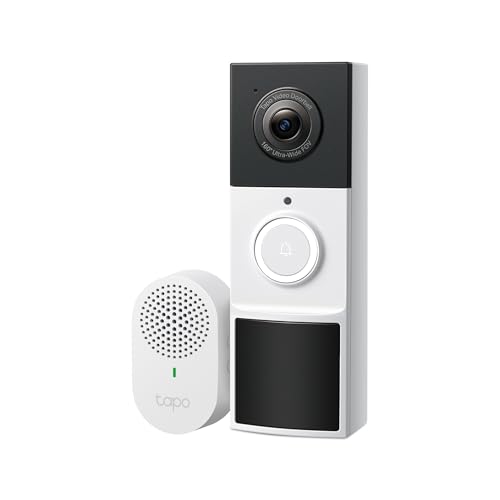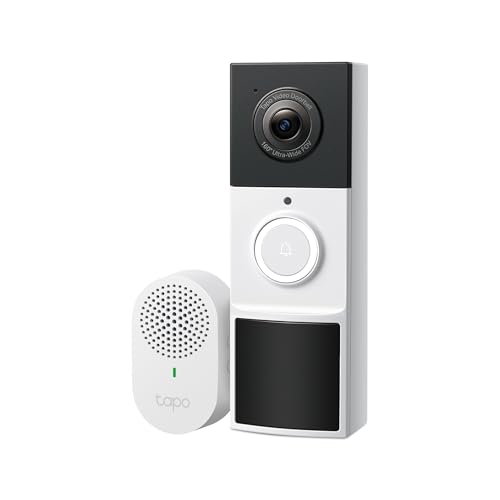Are you confused about whether a boiler belongs to HVAC or plumbing? You’re not alone.
Understanding where a boiler fits can help you make smarter decisions when it’s time to repair or install one. You’ll discover the clear answer and why it matters for your home’s comfort and efficiency. Keep reading to find out exactly how your boiler works and which professionals you should call when something goes wrong.
This knowledge will save you time, money, and frustration.
Boiler Basics
Understanding the basics of boilers helps clarify their role in home systems. Boilers provide heat by warming water or producing steam. This heat moves through pipes to warm rooms or provide hot water. Boilers are different from typical HVAC units and plumbing but often work alongside them.
How Boilers Work
Boilers heat water using fuel like gas, oil, or electricity. The heated water or steam travels through pipes to radiators or underfloor heating. Heat spreads into rooms, warming the space effectively. After cooling, the water returns to the boiler to heat again. This cycle repeats to maintain a steady temperature.
Common Boiler Types
- Combi Boilers:Provide both heating and hot water on demand. No need for a separate water tank.
- System Boilers:Use a separate hot water tank but store less water. Ideal for homes with multiple bathrooms.
- Conventional Boilers:Also called regular boilers. Require a separate water tank and cylinder. Suitable for older homes.
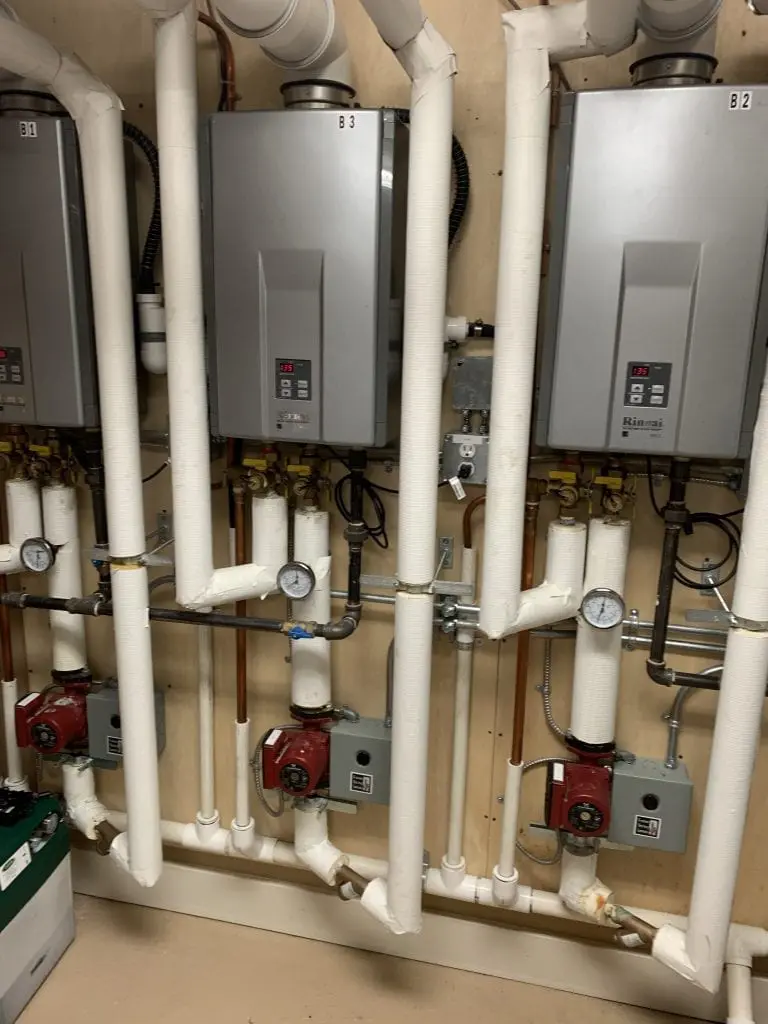
Credit: alpinerefrigeration.ca
Hvac System Role
The HVAC system plays a vital role in maintaining comfort indoors. It controls temperature, humidity, and air quality. This system works quietly in the background to keep homes and buildings cozy or cool. Understanding its components helps clarify where boilers fit within the overall setup.
Heating And Cooling Functions
HVAC stands for Heating, Ventilation, and Air Conditioning. The system heats rooms during cold months and cools them in hot weather. It also circulates fresh air and removes stale air. Many parts work together to achieve these tasks, including furnaces, heat pumps, and air conditioners. Each component has a specific job to keep the indoor environment pleasant.
Where Boilers Fit In Hvac
Boilers are a key part of the heating function in HVAC systems. They heat water or produce steam to warm spaces. This heat moves through pipes to radiators or underfloor heating systems. Unlike furnaces, boilers use water instead of air to transfer heat. Boilers do not cool or ventilate, but they work closely with other HVAC parts. This makes them essential for many heating setups in homes and buildings.
Plumbing System Role
The plumbing system plays a crucial role in how your home manages water flow and waste. It ensures clean water reaches your taps and carries away wastewater efficiently. Understanding this system helps you see where a boiler fits and why it’s sometimes mistaken as HVAC or plumbing.
Water Supply And Drainage
Your plumbing system starts with water supply lines that bring fresh water into your home. These pipes connect to every faucet, shower, and appliance that needs water. Drainage pipes then take used water and waste away, preventing backups and maintaining hygiene.
Think about a time when a clogged drain stopped water from flowing smoothly. That moment highlights how vital proper drainage is. Without it, even the best heating system can’t function well because water flow is interrupted.
Boiler Connection To Plumbing
A boiler is connected to your plumbing system to heat water for your home. It draws water from the supply lines, heats it, and then distributes it through pipes to radiators or taps. This connection means your boiler depends heavily on your plumbing system’s integrity.
Have you ever noticed how a leaking pipe near a boiler can cause major issues? That’s a clear sign boilers are part of the plumbing network, not just HVAC. Maintaining these pipes and connections is key to keeping your heating efficient and your water safe.

Credit: www.achrnews.com
Key Differences Between Hvac And Plumbing
Boilers serve both heating and hot water needs, fitting into HVAC systems rather than just plumbing. HVAC focuses on heating, cooling, and air quality, while plumbing handles water supply and drainage. Boilers mainly manage heating, linking them closely to HVAC functions.
Understanding whether a boiler falls under HVAC or plumbing can be a bit tricky, but grasping the key differences between these two systems can bring clarity. Both HVAC and plumbing play crucial roles in ensuring comfort and functionality within your home. However, they serve distinct purposes and involve different components and expertise.Function And Purpose
HVAC systems primarily focus on heating, ventilation, and air conditioning. They regulate indoor temperature and air quality to ensure a comfortable living environment. On the other hand, plumbing deals with water supply, drainage, and sanitation. Think about how you enjoy a warm shower thanks to your plumbing, while your HVAC ensures the room stays warm and cozy in the winter. Both systems enhance comfort but in unique ways.Components And Equipment
HVAC systems consist of components like furnaces, air conditioners, heat pumps, and ductwork. These elements work together to maintain indoor climate control. Plumbing systems include pipes, faucets, water heaters, and drains. Each component is essential for water distribution and waste removal. Consider how a faulty air conditioner directly impacts your comfort, while a leaky faucet can lead to water wastage and higher bills. Each system requires specific equipment to function effectively.Installation And Maintenance
Installing HVAC systems often involves dealing with complex ductwork and electrical connections. It requires skilled technicians to ensure optimal performance and efficiency. Plumbing installation focuses on water lines and fixtures, and it demands precision to prevent leaks and ensure proper water flow. Regular maintenance in both systems is crucial to avoid breakdowns and costly repairs. Imagine the inconvenience of a broken boiler. Is it an HVAC issue or a plumbing problem? Understanding the installation and maintenance needs helps you decide who to call when things go awry. By recognizing these differences, you can better manage your home’s systems and know which experts to consult when issues arise. Do you feel more confident about distinguishing between HVAC and plumbing now?Common Misconceptions About Boilers
Boilers often get confused with other home heating and plumbing systems, leading to misunderstandings about their function and classification. Knowing the exact role of a boiler can help you make better decisions about maintenance, repairs, and upgrades. Let’s clear up some common misconceptions that might be clouding your understanding.
Boilers Vs Furnaces
Many people think boilers and furnaces are the same because both provide heat, but they work differently. Furnaces heat air and distribute it through ducts, while boilers heat water or steam that flows through pipes to radiators or underfloor systems.
This difference affects energy efficiency and comfort. Have you noticed uneven heating in your home? It might be due to a furnace’s air distribution rather than a boiler’s water-based system.
Boilers And Water Heaters
It’s easy to mix up boilers and water heaters since both involve heating water. However, boilers provide heat for your entire home’s heating system, not just hot water for taps and showers.
If you rely on a boiler, your home heating and hot water might be connected but operate through different systems. Have you ever wondered why your shower stays hot even if the heating is off? That’s because of separate water heater units, not your boiler.
Choosing The Right Professional
Choosing the right professional for boiler issues can save time and money. Boilers blend heating and plumbing functions, which can confuse many homeowners. Knowing who to call depends on the problem’s nature. This guide helps you decide between an HVAC technician and a plumber.
When To Call An Hvac Technician
Call an HVAC technician for boiler problems related to heating and air control. They handle systems that regulate temperature and airflow.
- Boiler not heating properly
- Thermostat malfunctions
- Unusual noises during heating cycles
- Issues with heat distribution
- Regular boiler maintenance and safety checks
When To Call A Plumber
Call a plumber for boiler issues involving water flow and pipe systems. They specialize in water supply and drainage problems.
- Leaks around the boiler or pipes
- Water pressure problems
- Blocked or broken pipes
- Replacing or installing boiler-related plumbing parts
- Water damage repair from boiler leaks

Credit: www.pmmag.com
Frequently Asked Questions
Is A Boiler Considered Hvac Or Plumbing?
A boiler is mainly part of HVAC systems because it heats water or steam for heating. However, it involves plumbing for water flow and connections.
How Does A Boiler Fit Into Hvac Systems?
Boilers provide heat by circulating hot water or steam through pipes and radiators, making them a core component of HVAC heating.
What Plumbing Components Are Essential For Boilers?
Boilers need water supply pipes, drainage, valves, and vents, which are all plumbing elements ensuring safe and efficient operation.
Can A Plumber Or Hvac Technician Repair Boilers?
Both can, but HVAC technicians specialize in heating systems like boilers, while plumbers handle water supply and pipe issues.
Conclusion
A boiler plays a key role in both HVAC and plumbing systems. It heats water for home heating and hot water needs. While linked to plumbing, boilers mainly serve heating purposes. Understanding this helps in choosing the right service and maintenance.
Knowing the difference saves time and money. Boilers keep homes warm and comfortable during cold months. Simple knowledge about boilers makes home care easier. Boilers connect heating and plumbing but focus on warmth. Keep your boiler well maintained for best performance.

